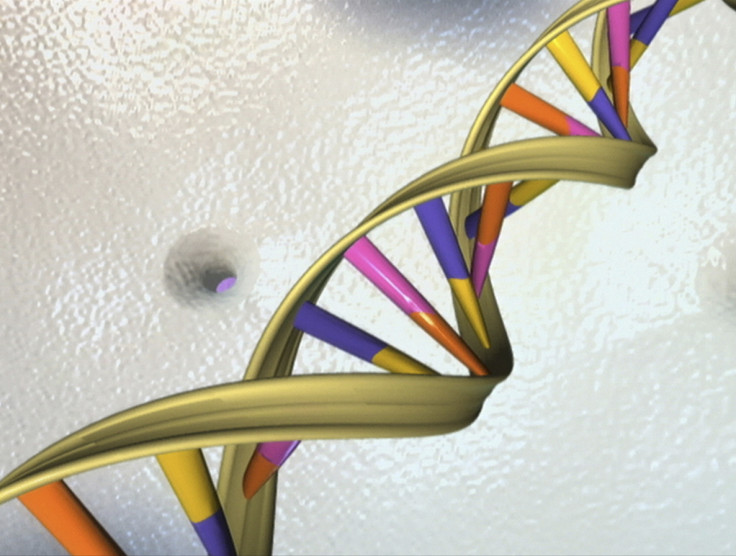Genetics: Most people carry flawed genes harmful to offspring

Most humans carry one or two genes potentially fatal for their offspring, a study has revealed, suggesting that concerns over marriage between close relatives are overblown.
The flawed genes or genetic mutations can cause early death or infertility in children, researchers at the University of Chicago in Illinois say.
According to lead author Ziyue Gao, a geneticist at the university, there may be more of such mutations that each and every human carries.
The study is published in Genetics.
Gao's team examined these inherited mutations that cause lethal diseases in people who inherit two copies of the flawed gene, one from each parent. People with one copy do not show symptoms, but merely pass on the mutation.
She picked a closed community that traditionally married within its members, but with socio-economic support, ruling out poverty and associated environmental factors for ill-health of progeny.
Scientists have looked at lethal recessive mutations earlier by comparing the genes of children from unrelated parents to those from parents who are first cousins or blood relatives.
But Gao felt that other factors than inherited genes could be affecting those results, as most marriages between close relatives correlated with poverty and hence low nutrition.
Inherited disease mutations are known to be more common than harmful ones that come in a single copy, as dominant mutations are usually eliminated by natural selection.
The study sought how common the recessive disease-causing mutations are.
Gao's team chose a US ethno-religious group called the Hutterites who maintain detailed genealogical records.
Co-author Carole Ober worked closely with the Hutterites from South Dakota for two decades, studying genetic contributions to disease using a large 13-generation family tree that traces the ancestry of more than 1,500 living people descended from 64 founders.
Study method
Using comprehensive records on numbers of crippling disorders and child deaths in the study population, the number of recessive disease mutations carried by the group's founders in the 18th and 19th century was estimated.
There were around three lethal mutations for every five people among the original founders.
Going further into recessive mutations that caused death during fetal development, the team concluded that each founder carried approximately one to two recessive mutations that cause sterility or death before adolescence.
The results suggest that, on average, two first-cousins are 1.8% more likely than unrelated parents to produce a child with a serious genetic disease, showing that concerns over blood relations tying the knot are overblown.
Alan Bittles, a geneticist at the Murdoch University in Perth, Australia, says, "It's one more study that tends to show, and show quite clearly, that our previous ideas of the ill effects of first-cousin marriage have been grossly exaggerated."
Gao cautions that the number of recessive disease mutations will vary from person to person.
Most infant mortality worldwide is caused by non-genetic factors like nutrition and infectious disease, rather than inherited disorders, she adds.
© Copyright IBTimes 2025. All rights reserved.





















